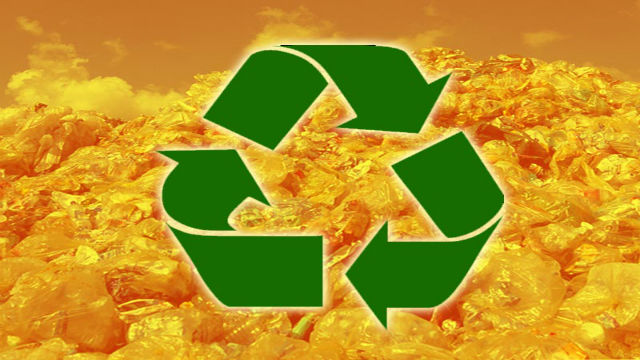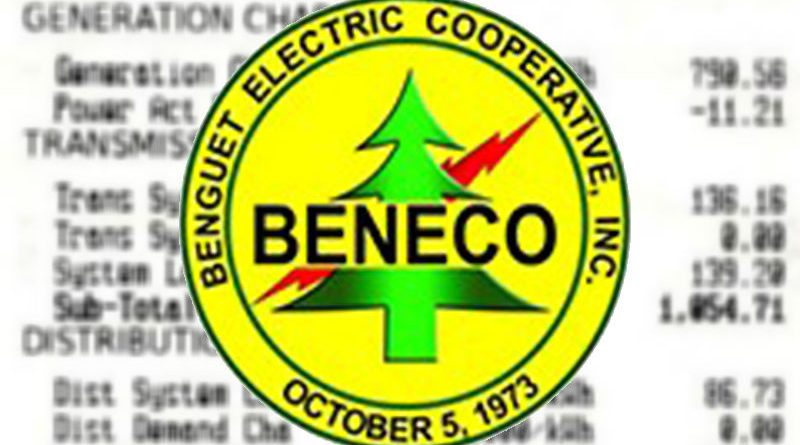BAGUIO CITY – The city government will pursue its waste-to-energy project on a government-to-government transaction with the Japanese government and the State-owned Philippine National Oil Company (PNOC).
Mayor Benjamin B. Magalong said he clarified the matter with Energy Secretary Alfonso Cusi where the latter explained that the project will be implemented on a government-to- government transaction to fastrack the put-up of the appropriate waste-to-energy facility as part of addressing the city’s garbage disposal problem.
He disclosed some department heads and members of the City Council will leave for Japan the soonest to look into a similar facility in the said country.
The city government will use a 3-hectare portion of the 8-hectare area of the Baguio Dairy Farm that was ceded to the city by the agriculture department to host the waste-to-energy plant once the project pushes through the assistance of the energy department and the PNOC.
According to him, there are several offers by some companies to the city government on how to undertake the energy project but the best option for the city is for the government-to-government transaction because the city will own the machineries that will be installed while in the other options, the machineries will still be owned by the company with lesser share of the city from the proceeds of the renewable energy that will be sold.
Currently, a company commissioned by the PNOC is now undertaking the feasibility study to ascertain the reliability of putting up a waste-to-energy facility near the city’s existing waste transfer station at the Baguio Dairy Farm to maximize the conversion of the generated garbage to renewable energy that can be sold to the power distribution company providing power to the city and nearby areas in Benguet.
Earlier, PNOC–Renewables Corporation entered into a memorandum of agreement with the city government for the required feasibility study for this waste-to-energy facility to convert the city’s generated waste to renewable energy hopefully helping in effectively and efficiently addressing the city’s garbage disposal problem.
While the city government is awaiting the realization of this facility in the city, the hauling of the city’s residual waste to the engineered sanitary landfill in Urdaneta City, Pangasinan remains to be the most doable alternative in properly disposing the garbage generated by the different households in the city to prevent a garbage crisis.
The city generates more than 400 tons of assorted garbage daily with some 170 to 180 tons of residual waste being hauled out of the city by a commissioned hauler.
By Dexter A. See












